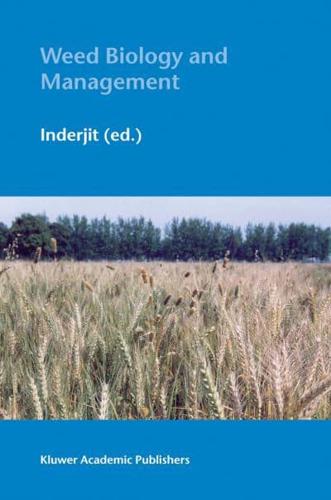Publisher's Synopsis
Weeds hold an enigmatic and sometimes-controversial place in agriculture, where they are generally reviled, grudgingly tolerated, and occasionally admired. In most cases, growers make considerable effort to reduce the negative economic impact of weeds because they compete with crops for resources and hinder field operations, thereby affecting crop productivity and quality, and ultimately the sustainability of agriculture. Weed control in production agriculture is commonly achieved through the integration of chemical, biological, and mechanical management methods. Chemicals (herbicides) usually inhibit the growth and establishment of weed plants by interfering with various physiological and biochemical pathways. Biological methods include crop competition, smother crops, rotation crops, and allelopathy, as well as specific insect predators and plant pathogens. Mechanical methods encompass an array of tools from short handled hoes to sophisticated video-guided robotic machines. Integrating these technologies, in order to relieve the negative impacts of weeds on crop production in a way that allows growers to optimize profits and preserve human health and the environment, is the science of weed management.











